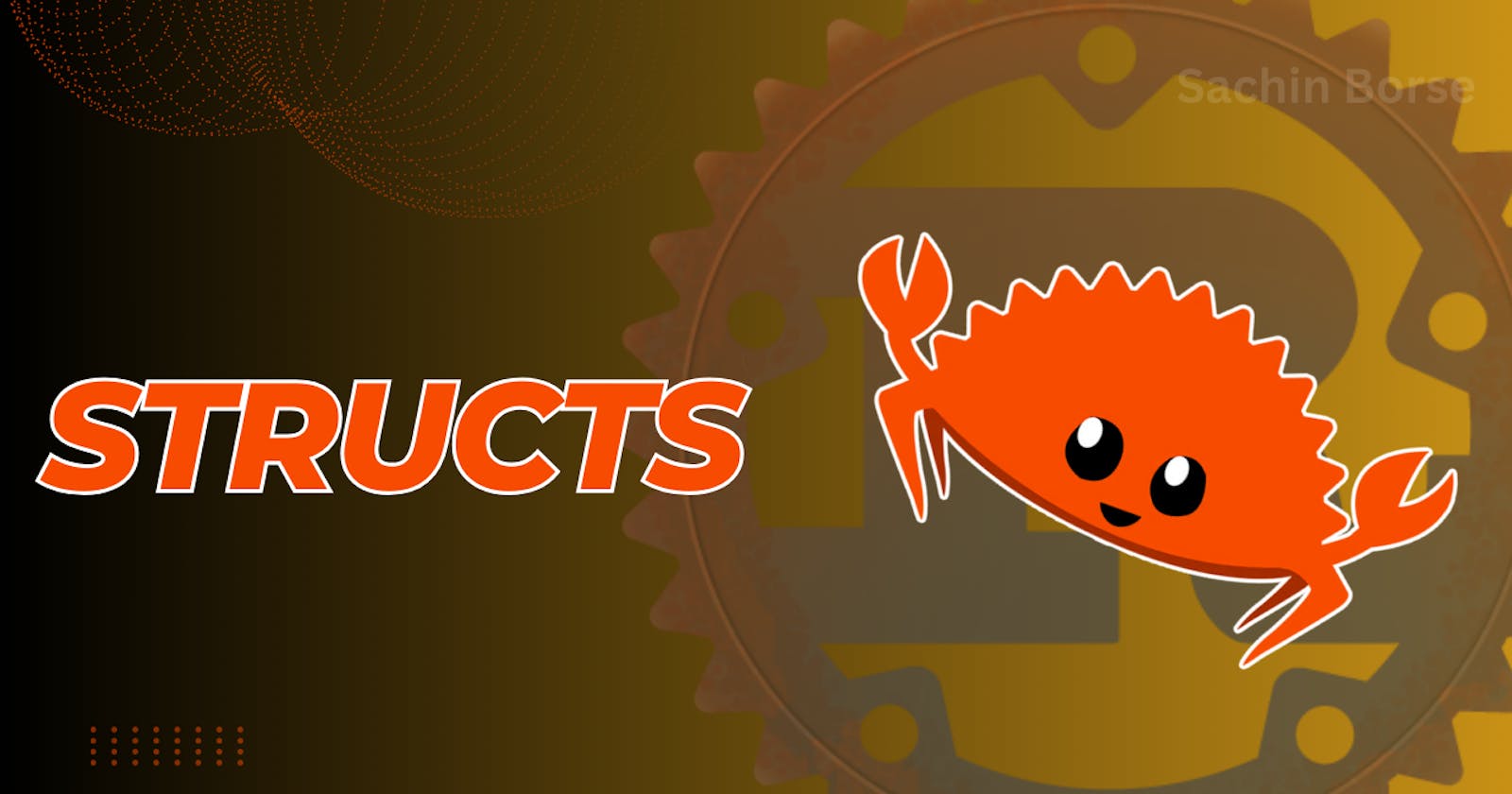Rust is renowned for its powerful and expressive type system, and one of the fundamental data structures it provides is the struct. Structs allow you to define custom types with named fields, providing a way to organize related data. In this article, we'll delve into various techniques for accessing data within Rust structs.
1. Dot Notation
The most straightforward method for accessing struct fields in Rust is by using dot notation. This approach is intuitive and commonly used in many programming languages.
struct Person {
name: String,
age: u32,
}
let person = Person {
name: String::from("Sachin"),
age: 30,
};
println!("Name: {}", person.name);
println!("Age: {}", person.age);
2. Pattern Matching
Rust's pattern matching capabilities extend to structs, allowing you to destructure them and extract multiple fields simultaneously.
let Person { name, age } = person;
println!("Name: {}", name);
println!("Age: {}", age);
This pattern matching syntax simplifies the extraction of data from complex nested structs.
3. Struct Methods
Rust enables you to define methods on structs, encapsulating behavior associated with the struct. This approach promotes code organization and improves readability.
impl Person {
fn print_details(&self) {
println!("Name: {}", self.name);
println!("Age: {}", self.age);
}
}
person.print_details();
By defining methods on structs, you can centralize logic related to the struct's data, enhancing maintainability.
4. Tuple Structs
Tuple structs offer a lightweight way to group together different data types without naming each field explicitly. Although less common than named structs, tuple structs have their use cases.
struct Point(i32, i32);
let p = Point(10, 20);
println!("x: {}", p.0);
println!("y: {}", p.1);
Tuple structs are particularly useful for representing simple data structures without the need for named fields.
Happy coding in Rust! 🦀✨
